What Home Equity Is and Why It's a Valuable Long-Term Investment
Your house is more than a place to hang your hat. Home equity is a long-term investment.

Profit and prosper with the best of Kiplinger's advice on investing, taxes, retirement, personal finance and much more. Delivered daily. Enter your email in the box and click Sign Me Up.
You are now subscribed
Your newsletter sign-up was successful
Want to add more newsletters?

Delivered daily
Kiplinger Today
Profit and prosper with the best of Kiplinger's advice on investing, taxes, retirement, personal finance and much more delivered daily. Smart money moves start here.

Sent five days a week
Kiplinger A Step Ahead
Get practical help to make better financial decisions in your everyday life, from spending to savings on top deals.

Delivered daily
Kiplinger Closing Bell
Get today's biggest financial and investing headlines delivered to your inbox every day the U.S. stock market is open.

Sent twice a week
Kiplinger Adviser Intel
Financial pros across the country share best practices and fresh tactics to preserve and grow your wealth.

Delivered weekly
Kiplinger Tax Tips
Trim your federal and state tax bills with practical tax-planning and tax-cutting strategies.

Sent twice a week
Kiplinger Retirement Tips
Your twice-a-week guide to planning and enjoying a financially secure and richly rewarding retirement

Sent bimonthly.
Kiplinger Adviser Angle
Insights for advisers, wealth managers and other financial professionals.

Sent twice a week
Kiplinger Investing Weekly
Your twice-a-week roundup of promising stocks, funds, companies and industries you should consider, ones you should avoid, and why.

Sent weekly for six weeks
Kiplinger Invest for Retirement
Your step-by-step six-part series on how to invest for retirement, from devising a successful strategy to exactly which investments to choose.
It's long been recognized that part of the American Dream is having home equity. Buying your own home is seen as both a financial and personal growth achievement, a marker, to many, that you've "made it" in some form.
Homeownership provides you and your family with a home that you can make your own. And it also provides you with an opportunity for building wealth over time through the creation of equity.
There's a reason why so many people believe that home equity is one of the best paths to increasing your net worth and creating wealth that can be passed down to future generations. Read on to understand what home equity is and why it's seen as such a valuable investment.
From just $107.88 $24.99 for Kiplinger Personal Finance
Become a smarter, better informed investor. Subscribe from just $107.88 $24.99, plus get up to 4 Special Issues

Sign up for Kiplinger’s Free Newsletters
Profit and prosper with the best of expert advice on investing, taxes, retirement, personal finance and more - straight to your e-mail.
Profit and prosper with the best of expert advice - straight to your e-mail.
What is home equity?
Home equity is the value of your financial interest in your home. In other words, it is the actual property’s current market value less any mortgages or liens that are attached to that property. Appreciation and home improvements can also increase the value of your home and your equity.
Equity in a house is initially obtained with the down payment that you make when you buy a property. After that, your equity continues to grow as mortgage payments are made. That's because a portion of each payment is applied to the outstanding principal that you owe.
Why is home equity important?
Home equity can be a long-term strategy for building wealth. Home equity is an asset that increases your net worth and boosts your financial stability. Your home is likely to be one of the most valuable assets you will own.
You can think of your mortgage payments as a type of monthly savings deposit, similar to investing in a long-term asset such as bonds. Although your money is tied up for now, it's there when you need it.
How to calculate your home equity

In the simplest terms, your home’s equity is the difference between how much your home is worth and how much you owe on your mortgage.
Example: Let's say you bought a $500,000 house with a down payment of 7% (approximately $35,000), resulting in a loan amount of $465,000. By securing a 30-year fixed-rate mortgage at 4.5%, your monthly mortgage payment is $2,356 without taxes and insurance.
To calculate your home equity, subtract the amount of the outstanding mortgage loan from the price paid for the property.
(home value) - (principal owed) = (home equity)
500,000 - 465,000 = 35,000
At the time you buy, your home equity would be $35,000 or the amount of your down payment. Once you have paid off your mortgage you’ll have 100% equity in the home.
How to build home equity
You build home equity in two ways: by paying down your mortgage over time and through your home's appreciation. If you can, consider paying a little extra every month and apply it to your principal – your equity will add up faster and you’ll pay off your mortgage sooner.
Paying your mortgage and amortization of your home debt.
Each month, you make mortgage payments that decrease the amount you owe on your loan. This process is called amortization. Amortization is the act of paying off debt, in this case your home loan, in equal installments over the term of the loan.
There are two forms of payment associated with loans. Your payment is allocated between the interest expense and the principal amortization. The interest expense is the component that reflects the cost of the borrowing. Principal amortization (or principal payments) represents the gradual repayment of the original principal over the maturity term.
It is common to receive an amortization schedule at your home’s closing. The loan amortization schedule describes the allocation of interest payments and principal repayment across the term of the loan. This helps you to not only keep track of your balance, but to understand the true cost of your home over the life of your loan.
In the early years of homeownership, the largest portion of your payment is applied to interest, resulting in you building equity at a slower pace. But as the life of the loan progresses, you see more of your payment applied to your principal, which pays down your balance faster. This flip occurs because the interest you are charged each month is calculated using your outstanding balance, which gets smaller with every payment you make.
Appreciation
U.S. house prices rose 2.9% between the first quarters of 2024 and 2025, according to the Federal Housing Finance Agency (FHFA) House Price Index (FHFA HPI®). As the value of your home increases, the amount of equity you have increases along with it.
If you live in a neighborhood where property values are going up overall and you’ve maintained your property, the amount of your equity should increase as well.
The economic period when you purchased your home might also impact the way you understand its current value. For instance, home prices spiked during the pandemic. From 2012-2020, the national average for home appreciation was 2.88%.
The most common factors that impact a home’s value include:
- The housing market: The conditions of the housing market can impact your home’s appreciation. Supply and demand play a key role in appreciation trends. In a seller’s market, home appreciation typically increases, while a buyer’s market may lead to home values staying the same or decreasing over time.
- Location: The location of your home will also impact its appreciation. Appreciation can vary between cities, neighborhoods and even property types. Job availability, weather, quality of schools and tax burden are factors that can influence what region, state or neighborhood buyers will be attracted to.
- Interest rates: Interest rate trends affect appreciation due to their impact on prospective home buyers. Low interest rates motivate people to buy, therefore driving demand. Increasing interest rates lead to higher mortgage payments. In turn, buyers have to look for a cheaper house to balance the higher mortgage rates and stay within their monthly budget.
- Home improvements: Home improvements and renovations have the potential to increase your home value the most over time. Remodeling with return on investment (ROI) in mind is a smart financial move. If you are getting ready to move, check with local realtors to see which improvements appeal most to prospective buyers.
Planning a few home improvements? Easily explore and compare some of today's top refinance offers with the tool below, powered by Bankrate:
Home improvements can add value to your home and increase equity
Home improvements, upgrades, energy efficiency improvements and renovations are the most reliable ways to fuel home appreciation.
The most common improvements that increase a home's value include:
- Exterior and interior upgrades. Increasing curb appeal can go a long way toward adding value to a home, but interior renovations are equally valuable. Put a fresh coat of paint on your interior walls, refresh your exterior paint and your landscaping. Modernizing your kitchen or bathroom is never a bad idea. And if done correctly, it can deliver some of the best returns on a home improvement investment.
- Increased energy efficiency. Making a home more energy efficient will not only increase the value of the property, but it will also decrease your monthly energy costs. You can install energy efficient windows and doors, add insulation and upgrade your HVAC system.
- Increasing square footage. Increasing a home’s square footage will also increase its value. Consider finishing your basement, adding a deck or building an addition, such as a home office, mudroom or laundry room.
- Cater to your demographic. Depending on your neighborhood and your price point, certain features appeal to different demographics and geography. Younger buyers are interested in smart technology. An older buyer might be interested in a first floor main bedroom or a walk in shower.
Impact of home depreciation
While home values tend to rise over time, home appreciation is not guaranteed. The value of your home may fall in any given period — called depreciation. If you’re underwater, or upside down, on your mortgage, that means you owe more on your home than it’s worth.
That’s not a situation any homeowner wants to be in. Getting back right side up on your home takes hard work, but you'll keep your home and the equity you've built.
When home values fall, you may have less equity than you had before. This can cause problems if you go to sell or refinance your mortgage. Most lenders require you to have at least 20% equity in your home before you can refinance.
If your personal finances are still sound, you might want to stay put and work to build more equity. That's your best option if you’re underwater. When you stick with it, you can benefit from the market conditions improving and driving your home’s value back up and you won’t lose money.
If your finances have taken a hit at the same time as your mortgage going underwater, you have a few not too pleasant options to get out from under the debt. When you sell while your home value is down, you do lose money.
Options when you can't afford to stay in your home:
Sell and repay the balance out of savings. The only way you can sell your home through a normal home-selling process when you’re underwater is if you have cash on hand to make up the difference between how much you owe and how much your home is worth.
Short sale. A short sale is only an option when you can’t afford your monthly mortgage payments, your home is worth less than your current mortgage balance, and you don’t have cash on hand to make up the difference. And you will have to prove to your lender that you can’t afford your monthly payments and have no way to catch up.
Your lender makes the final call on whether or not an offer gets approved. That means the process really isn’t in your control, and it can take a long time to actually get your home sold. A short sale isn’t great, but the next option, is even worse – for you and the lender
Foreclosure. Do everything you can to avoid a foreclosure. In a foreclosure situation, the lender takes control of your home because you are unable to make your payments. If you’re still living in your home, you’ll be evicted. Typically, the lender will sell the house as quickly as possible to try to recoup as much money as they can.
Going forward, you’ll have to wait seven years before you can get another mortgage.
Ways you can use home equity
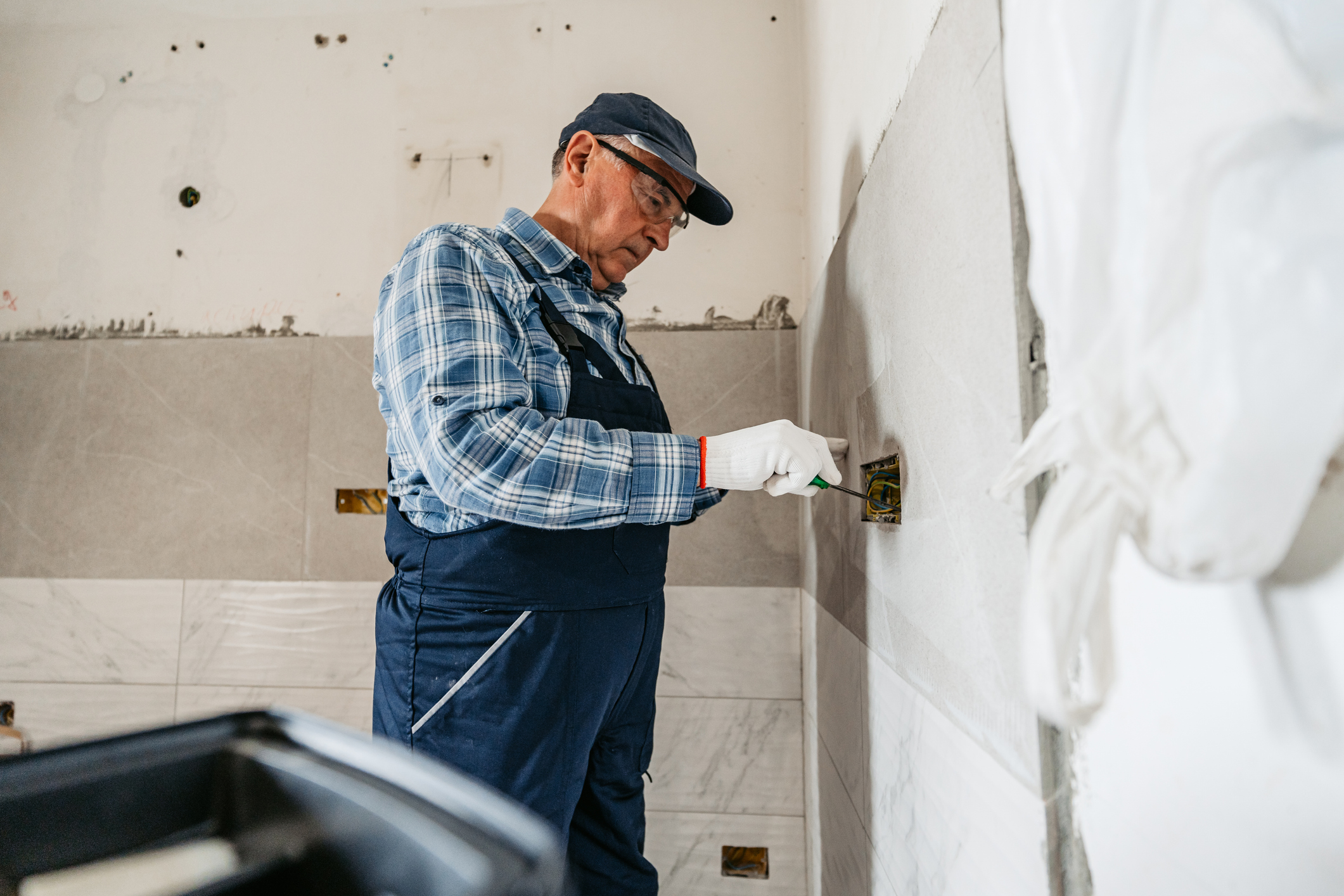
You don’t have to sell your home to tap into the profit inside your home. Instead, you can borrow against that value with a home equity loan or line of credit.
If you have enough home equity built up, you can borrow against this value to pay for things like home improvements, debt consolidation or unexpected expenses.
These are ways you can access your home equity without selling your home:
- Home equity loan. A home equity loan is money that is borrowed against the appraised value of your home. You receive the funds in a lump sum, and you are required to make monthly payments, as with any other type of loan. Basically, a home equity loan is a second mortgage on your house.
- Home equity line of credit (HELOC). A HELOC is a revolving line of credit, usually with an adjustable interest rate, which allows you to borrow up to a certain amount over a period of time. HELOC funds can be used when you need them, paid back, and used again.
- Fixed-rate home equity line of credit. When you convert any or all of the funds secured through a HELOC to a fixed rate, they have what's called a fixed-rate HELOC.
- Cash-out refinance. A cash-out refinance is where you use your equity to get a new mortgage that's larger than the amount owed on your existing mortgage. Then, you pay off the existing mortgage and use the remaining money as needed.
Downsides of tapping into home equity
As long as you thoroughly weigh your options and ensure you're in a financial position to manage new payments, borrowing against your home equity can be a smart way to fund renovations of your home or pay off debt.
Be very careful. Your home is not only where you live, but it might be your biggest financial asset. Before you tap into home equity for any reason, carefully evaluate the risk. Be aware that if your circumstances change and you can't make your payments, you could potentially face foreclosure and lose your home.
If you're considering borrowing against home equity, it's important to understand that tapping your home equity isn't free. All of the methods outlined above can be sources of useful money, but each comes at a cost and brings a measure of risk:
- You risk losing your home. Using your house as collateral on a loan means you can lose your home if you can't keep up with the payments. It's important to be confident you'll be able to repay any loan before you take it out, and to borrow only as much as you really need, even if your existing home equity qualifies you to borrow more.
- Fees to borrow. Cash-out refinance mortgages, home equity loans and HELOCs are all subject to origination fees. Be sure to factor in those fees and any other closing costs when calculating the total costs of the loan.
- More debt. Tapping into home equity is essentially converting your assets back into debt, which carries risk and reduces your net worth.
Bottom line on home equity
Home equity refers to how much of the value of a home you own as compared to what you owe to the lender of the mortgage loan. Your equity consists of any down payment made, the portion of the mortgage payment that pays down the principal and any appreciation of the value of the home.
You can build equity more quickly by making an additional mortgage payment or making home improvements that will increase the value of your home. If your home looks run down or outdated, it may be time to invest in some upgrades that will make your home more valuable and easier to sell when the time comes.
A benefit of building equity in your home, beyond paying off your mortgage, is the ability to borrow money against it. The interest rate on home equity-based borrowing is typically lower than that on credit cards and personal loans because the funds are secured by your equity. The equity in your home can be a cost effective source of money.
Related Content
Profit and prosper with the best of Kiplinger's advice on investing, taxes, retirement, personal finance and much more. Delivered daily. Enter your email in the box and click Sign Me Up.

Donna joined Kiplinger as a personal finance writer in 2023. She spent more than a decade as the contributing editor of J.K.Lasser's Your Income Tax Guide and edited state specific legal treatises at ALM Media. She has shared her expertise as a guest on Bloomberg, CNN, Fox, NPR, CNBC and many other media outlets around the nation. She is a graduate of Brooklyn Law School and the University at Buffalo.
-
 Dow Adds 1,206 Points to Top 50,000: Stock Market Today
Dow Adds 1,206 Points to Top 50,000: Stock Market TodayThe S&P 500 and Nasdaq also had strong finishes to a volatile week, with beaten-down tech stocks outperforming.
-
 Ask the Tax Editor: Federal Income Tax Deductions
Ask the Tax Editor: Federal Income Tax DeductionsAsk the Editor In this week's Ask the Editor Q&A, Joy Taylor answers questions on federal income tax deductions
-
 States With No-Fault Car Insurance Laws (and How No-Fault Car Insurance Works)
States With No-Fault Car Insurance Laws (and How No-Fault Car Insurance Works)A breakdown of the confusing rules around no-fault car insurance in every state where it exists.
-
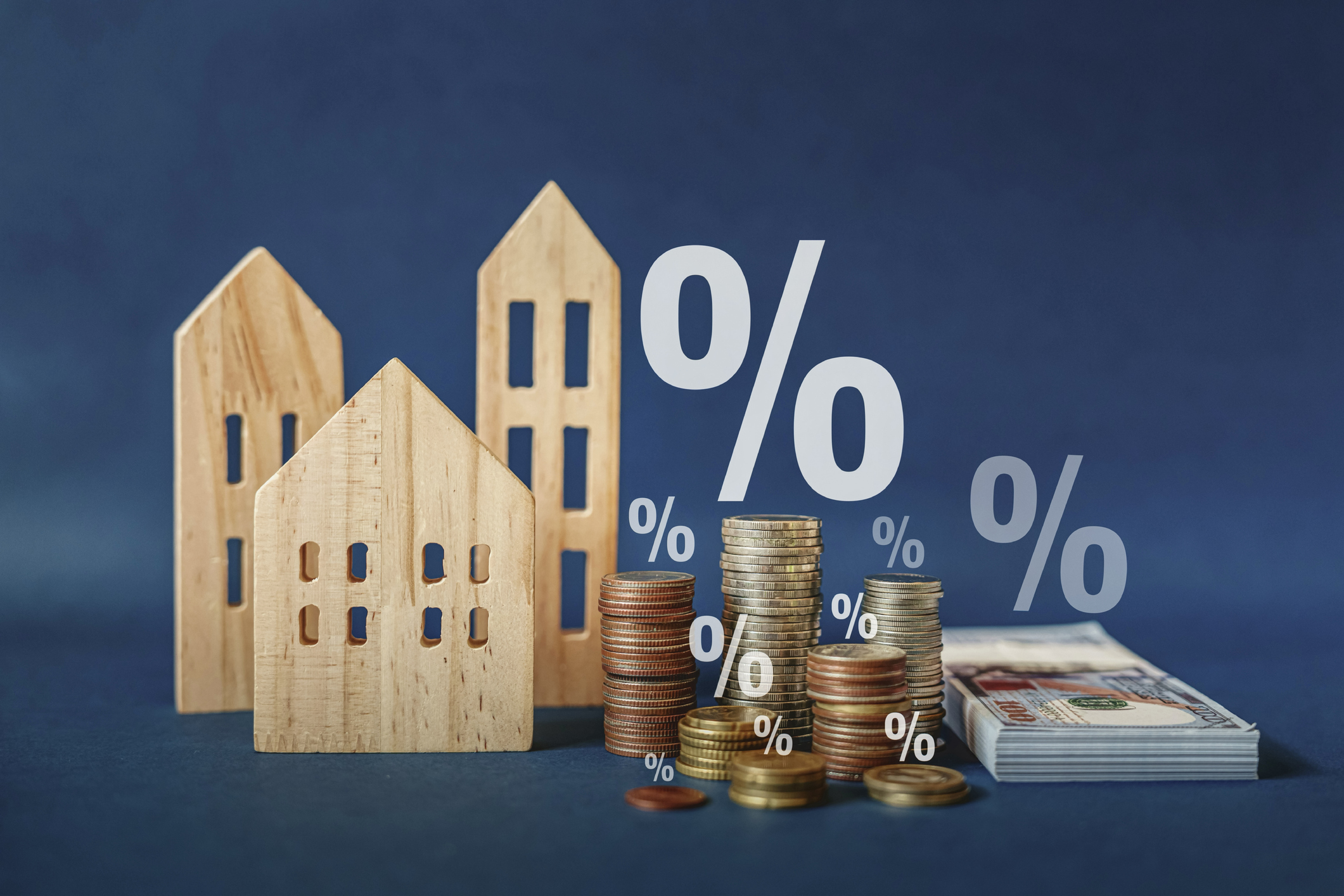 Is the Housing Market's 'Lock-In Effect' Finally Starting to Ease?
Is the Housing Market's 'Lock-In Effect' Finally Starting to Ease?As mortgage rates stabilize and fewer owners hold ultra-low loans, the lock-in effect may be losing its grip.
-
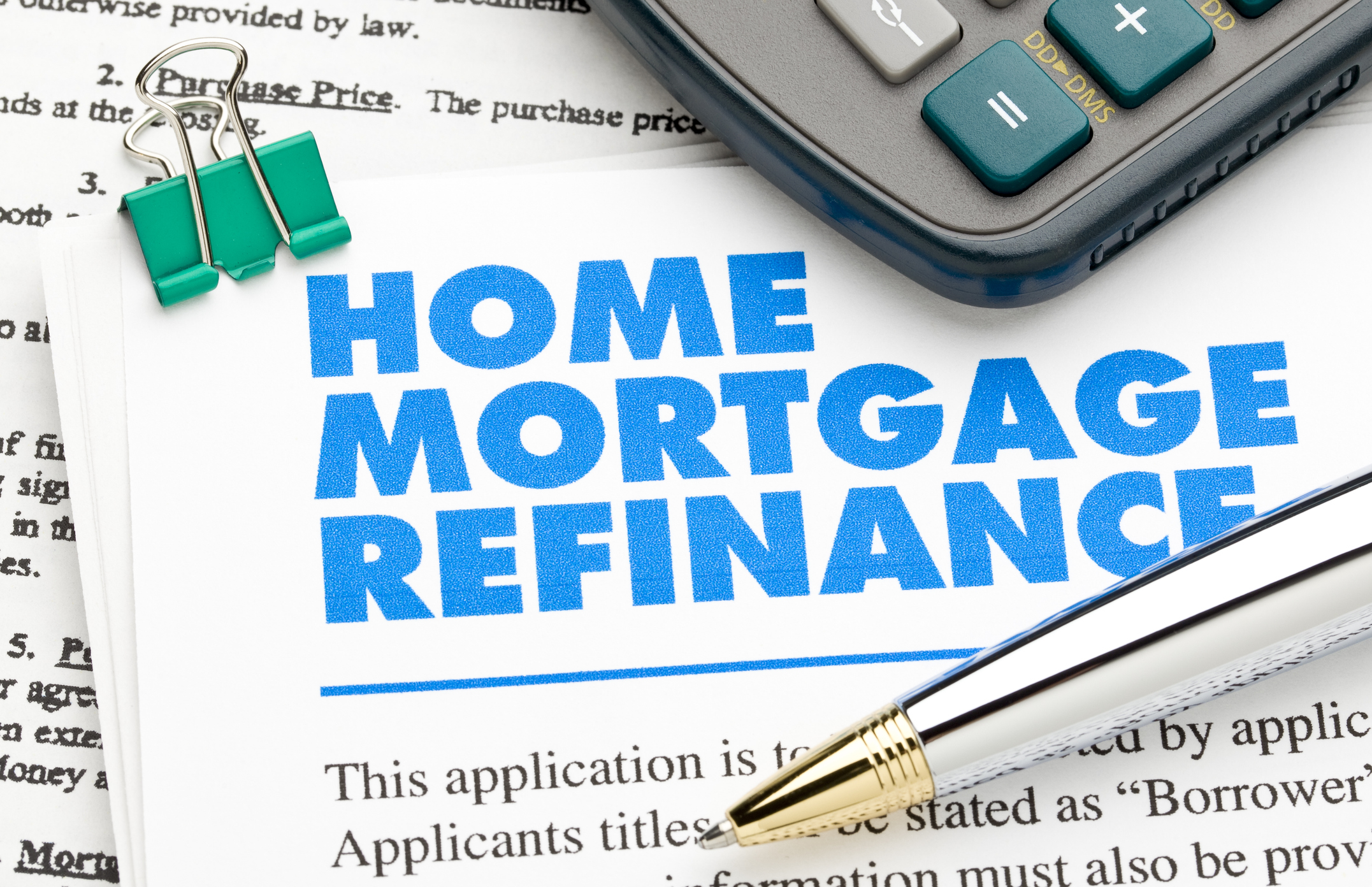 What to Watch for When Refinancing Your Home Mortgage
What to Watch for When Refinancing Your Home MortgageA smart refinance can save you thousands, but only if you know how to avoid costly pitfalls, calculate true savings and choose the right loan for your goals.
-
 Builders Are Offering Big Mortgage Incentives — What Homebuyers Should Watch For
Builders Are Offering Big Mortgage Incentives — What Homebuyers Should Watch ForBuilder credits and below-market mortgage rates can ease affordability pressures, but the savings often come with trade-offs buyers should understand before signing.
-
 Trump Signals Plan to Ban Institutional Investors From Buying Single-Family Homes
Trump Signals Plan to Ban Institutional Investors From Buying Single-Family HomesThe president says the move could improve housing affordability. Here’s what the data show about investor ownership, recent buying trends and what it could mean for homebuyers.
-
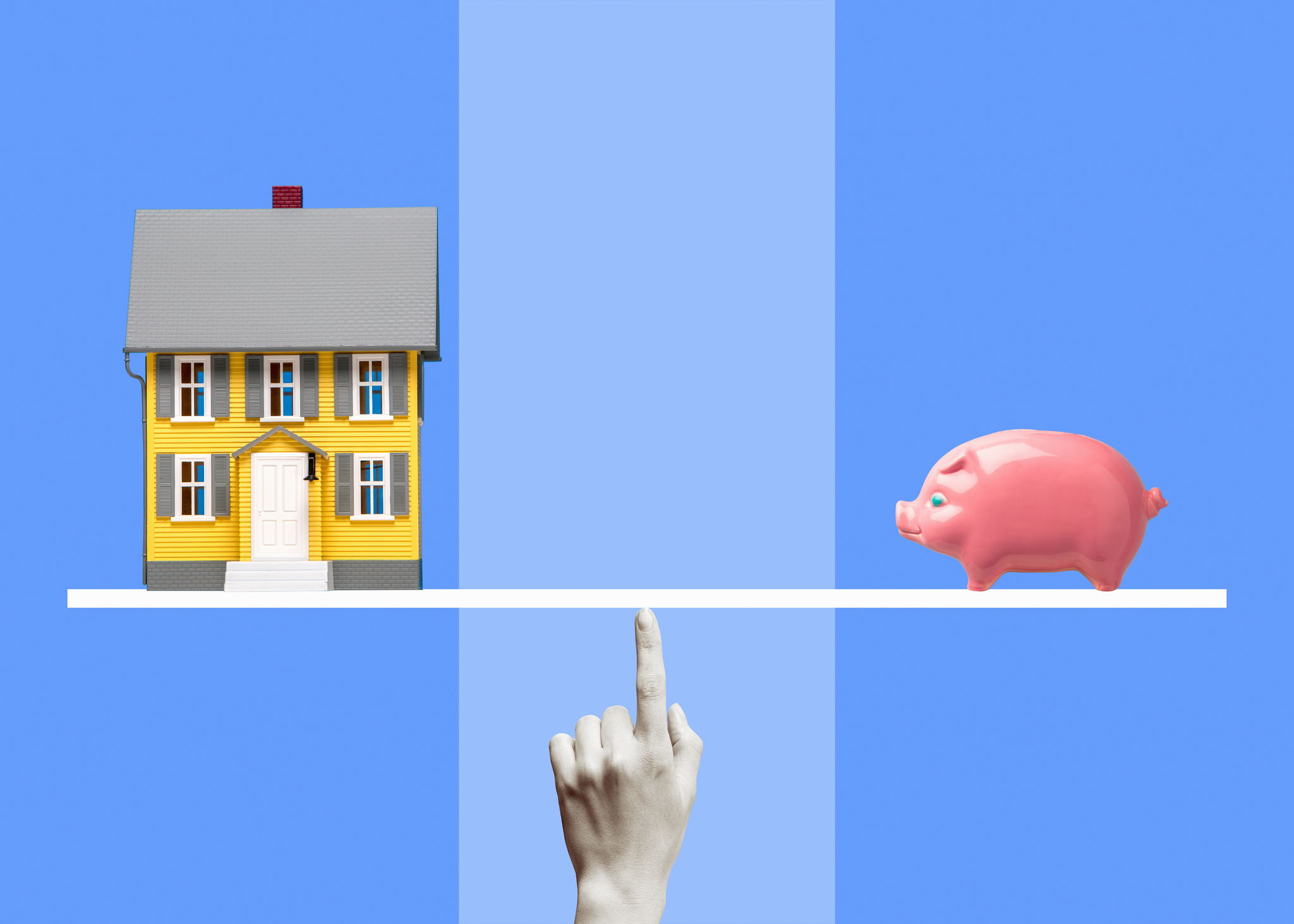 How Much Income You Really Need to Afford a $500,000 Home
How Much Income You Really Need to Afford a $500,000 HomeAs home prices increase, the income needed for a house is also climbing. We break down what you need to earn to afford a $500,000 home.
-
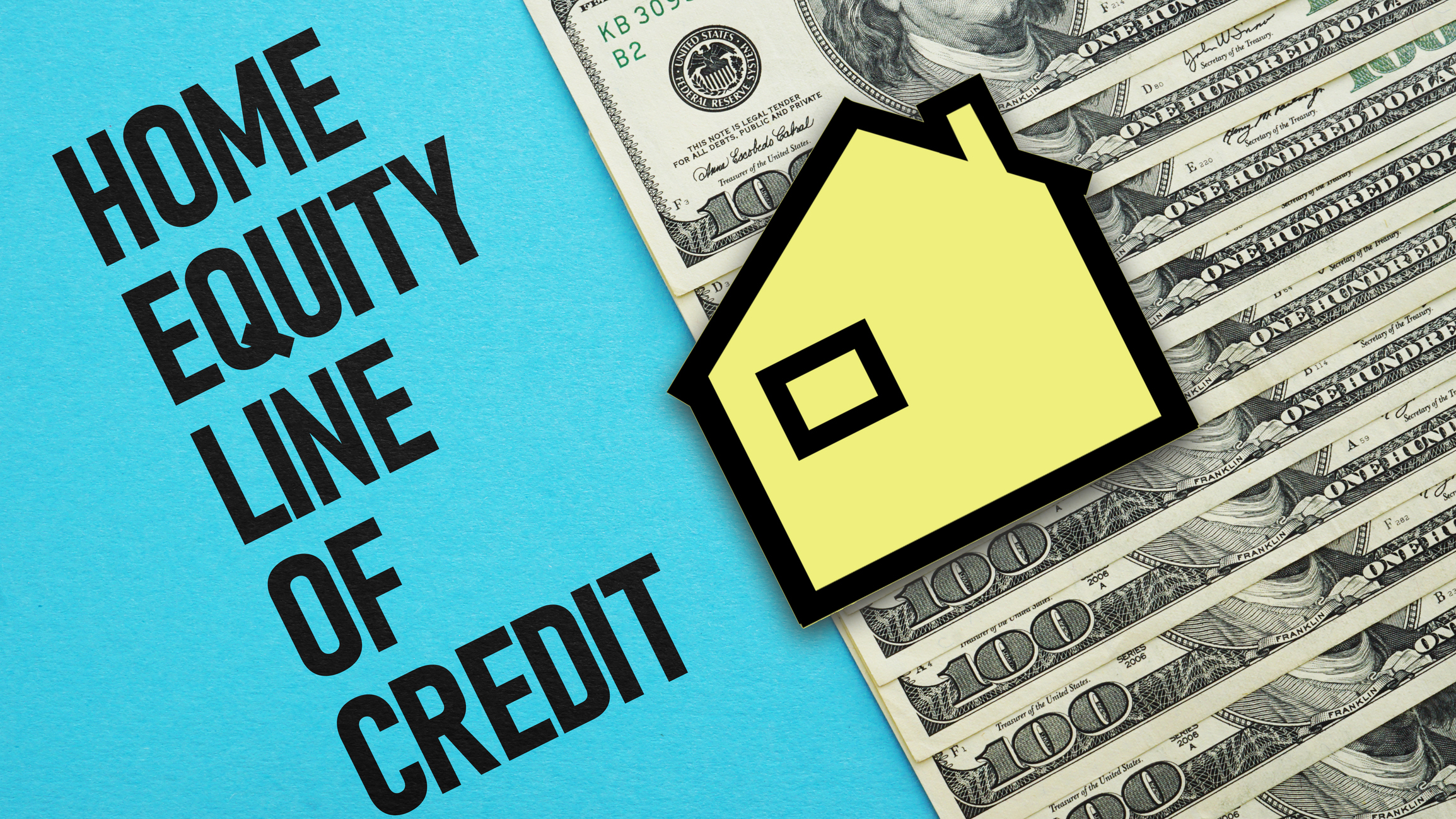 How Much Would a $50,000 HELOC Cost Per Month?
How Much Would a $50,000 HELOC Cost Per Month?Thinking about tapping your home’s equity? Here’s what a $50,000 HELOC might cost you each month based on current rates.
-
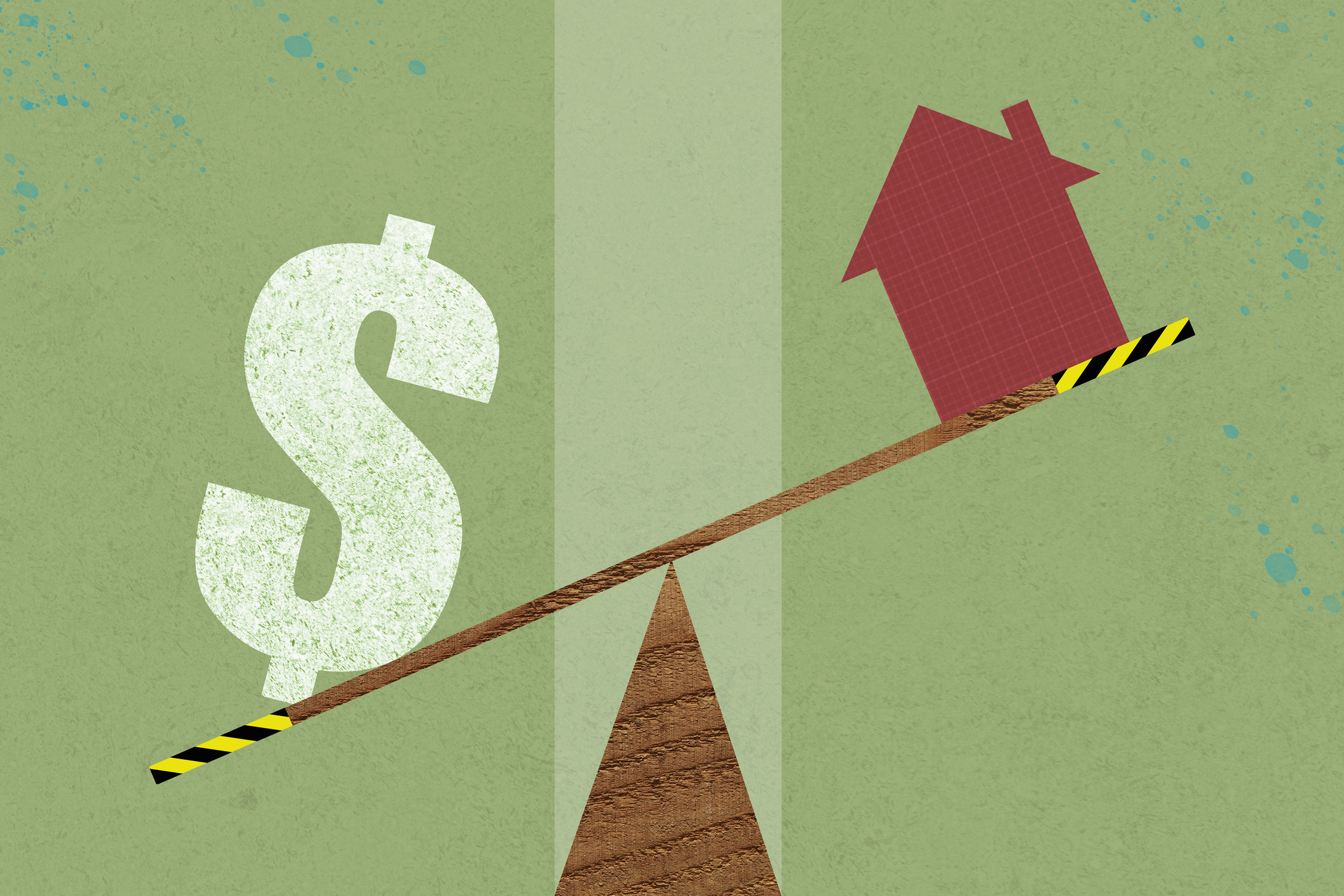 Should You Tap Your Home Equity Before 2026?
Should You Tap Your Home Equity Before 2026?As borrowing rates and tax law shifts converge, here's what homeowners need to know before pulling equity out of their home.
-
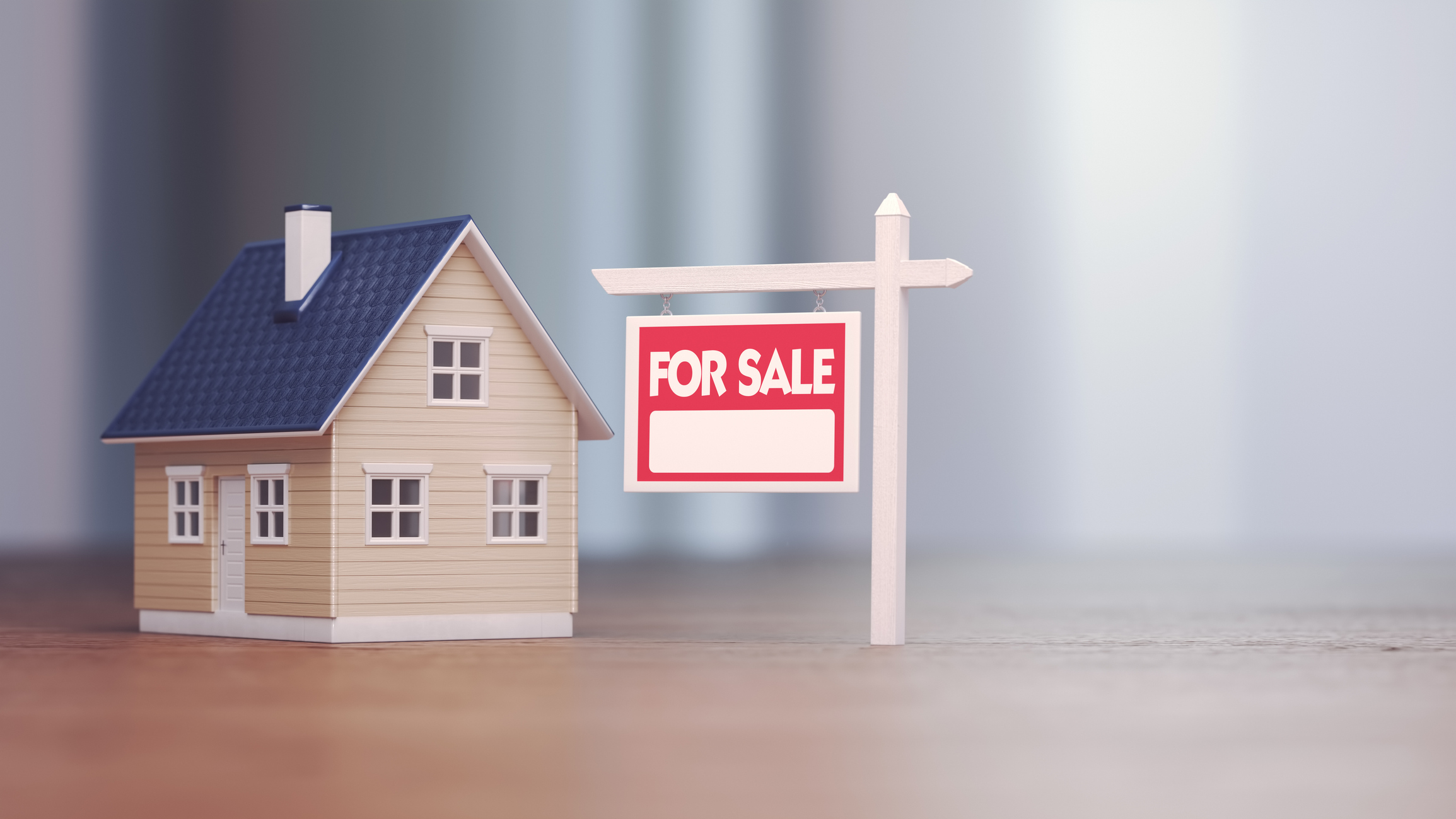 What to Know About Portable Mortgages
What to Know About Portable MortgagesA closer look at how portable mortgages would work, who might benefit and why the concept is gaining attention amid high rates and limited supply.